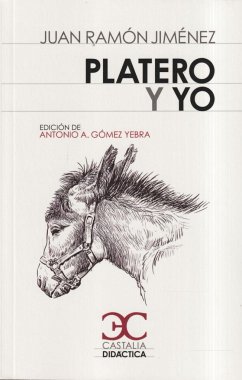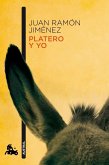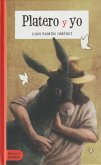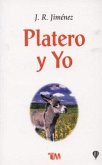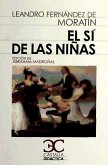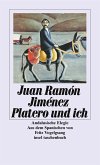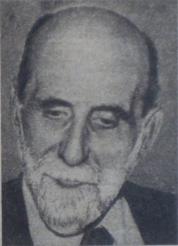Without being a didactic book, without being a Pedagogy book, without dogmatic pretensions, Platero y yo faithfully responded to the ideology of the Institución Libre de Enseñanza, which was defending the approach to nature in order to learn from it and its primordial beings. That they were in a position to provide the human being: a lesson in humanism. Perhaps for this definitive reason it enjoyed the privilege of becoming a book of inexcusable reading in the first educational levels of Spain and Hispanic America, being translated very soon into the most important languages of culture in the world, and then to most, if not to all the languages of the globe.
